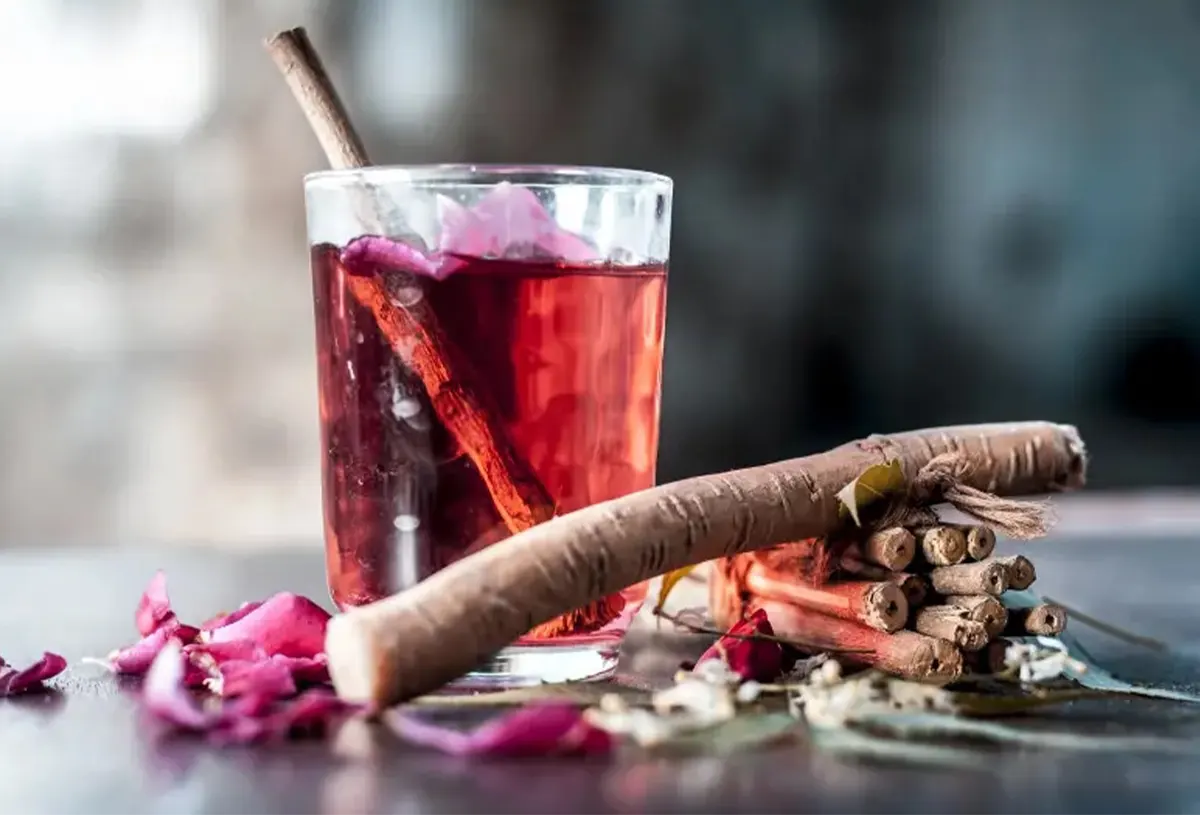Oral health plays a crucial role in maintaining overall well-being, as it is directly linked to the first stage of the digestion process. Proper chewing of food in the mouth ensures smooth digestion. Poor oral hygiene can result in tooth decay, gum infections, and the buildup of harmful bacteria, which can enter the digestive tract and affect internal health. Additionally, oral health impacts physical appearance and emotional well-being.

Ayurveda and Preventive Oral Care
Ayurveda provides time-tested techniques for preventive oral health care. When practiced daily, these methods help in maintaining strong teeth, healthy gums, and fresh breath. Many of these practices are now acknowledged by modern medicine for their holistic benefits in preventing tooth decay.
Chewing Sticks (Datun)
Ayurveda recommends chewing twigs from specific medicinal plants in the morning and after meals. Known as Datun in Hindi, these twigs may have bitter, astringent, or acrid tastes. They serve as a natural toothbrush and tongue cleaner. Once chewed to soften, the twig can be gently rubbed on the teeth and gums to clean and freshen the mouth.

Popular Ayurvedic Chewing Sticks:
- Liquorice (Mulethi) – Acts as an astringent and helps strengthen gums.
- Acacia Catechu (Khadir) – Known for its benefits in treating skin and gum diseases.
- Neem Twig – Highly recommended due to its anti-cavity, anti-plaque, and antibacterial properties.
Benefits of Neem Twig:
- Brightens teeth
- Freshens breath
- Treats pyorrhoea
- Keeps gums healthy
- Detoxifies blood and digestive tract
- Reduces Kapha-related disorders
Other effective chewing sticks include Arjuna, Fever Nut, Milkweed, and Mango leaves (popular in South India), all of which offer anti-bacterial and anti-cariogenic properties. Miswak, another herb, is widely used for its benefits in protecting enamel, fighting bacteria, and preventing gingivitis.
Oil Pulling (Gandusha / Kavala)
Oil Pulling involves swishing oil in the mouth for 7 to 10 minutes and then spitting it out. Commonly used oils include Sesame oil, Sunflower oil, and Coconut oil, with Sesame oil being most highly recommended in Ayurveda.
Benefits of Oil Pulling:
- Prevents tooth decay, bleeding gums, and bad breath
- Strengthens teeth and gums
- Treats dry throat and bad breath
- Helps with headaches, migraines, diabetes, asthma, and more
- Enhances taste buds and brings mental freshness
- Improves eyesight and helps with sore throat and Kapha-related issues
- Especially effective for gingivitis
Best Time for Oil Pulling:
- Morning on an empty stomach
- Night before bed to remove food residues
Herbal Support for Oral Health
Recommended Herbs:
- Amla – Promotes gum tissue regeneration
- Licorice root, Cinnamon, Turmeric, Yellow dock root – Strengthen teeth and bone tissues
Ayurveda views teeth as an extension of the bone system, and herbs that support bones are believed to benefit long-term oral health as well.
Ayurvedic Mouthwash Remedies
- Turmeric + Alum (Fitkari) + Rock Salt in warm water – Treats infected teeth and gums
- Lemon juice in warm water after meals – Cleanses the mouth and aids digestion
Dietary Advice for Oral Health
- Avoid refined sugar, especially at night
- If consumed, use a mouthwash or perform oil pulling to prevent decay
- Limit sticky and sugary snacks that promote cavities
Conclusion
Ayurveda offers natural, holistic approaches for maintaining excellent oral hygiene. Daily use of chewing sticks, oil pulling, and herbal mouthwashes can prevent decay, strengthen gums, and improve overall health. These ancient practices not only protect oral health but also enhance digestion and boost immunity.

